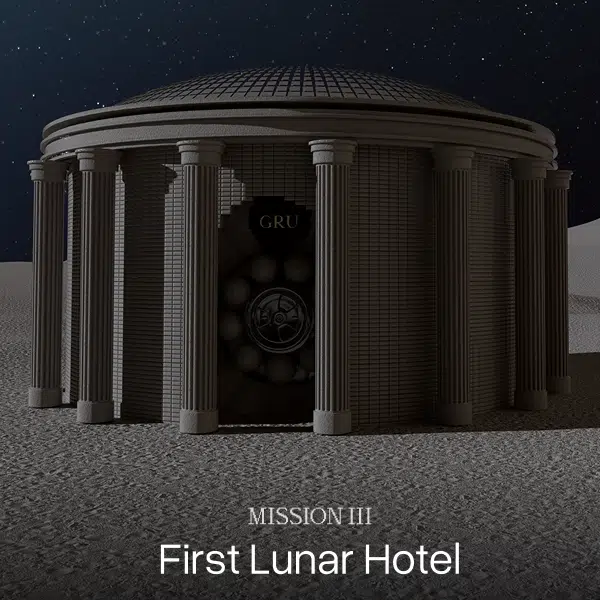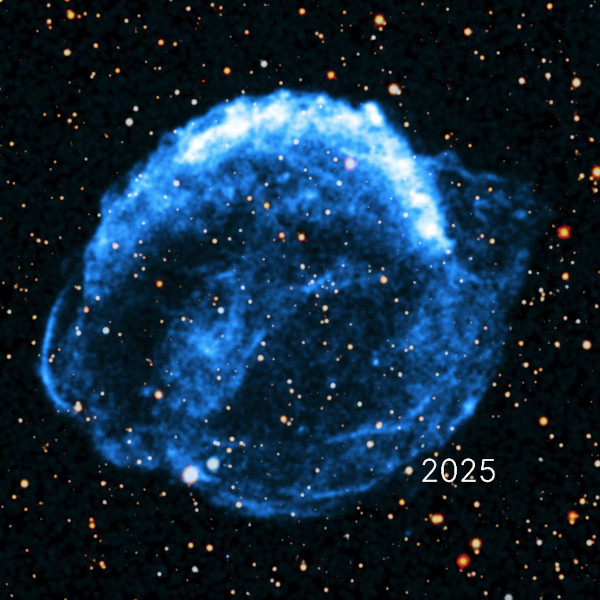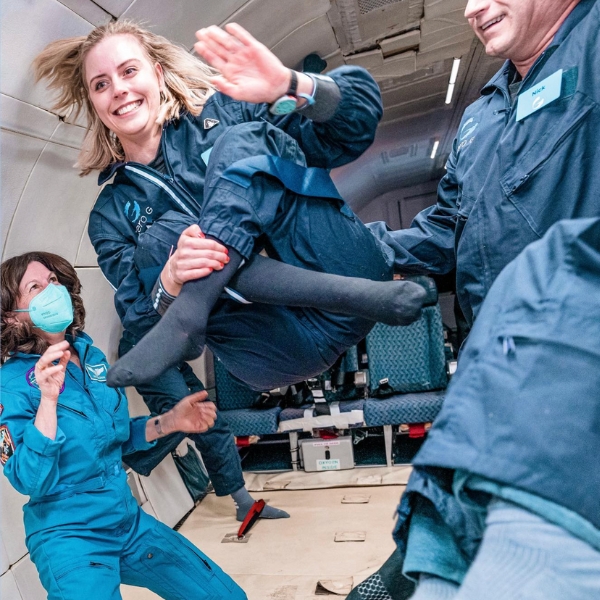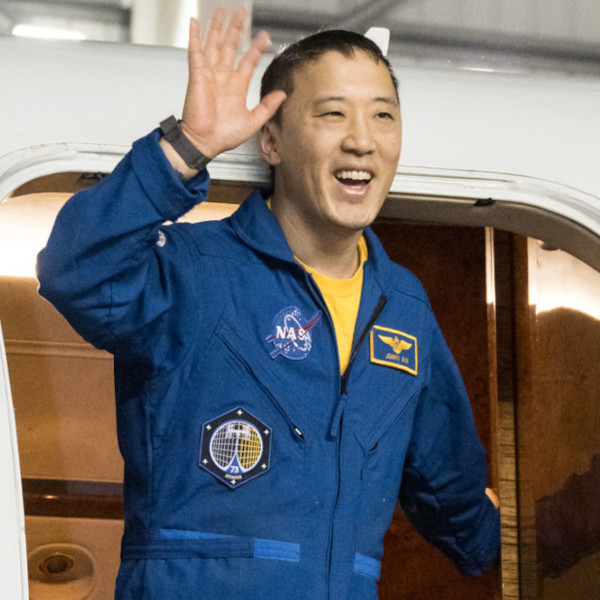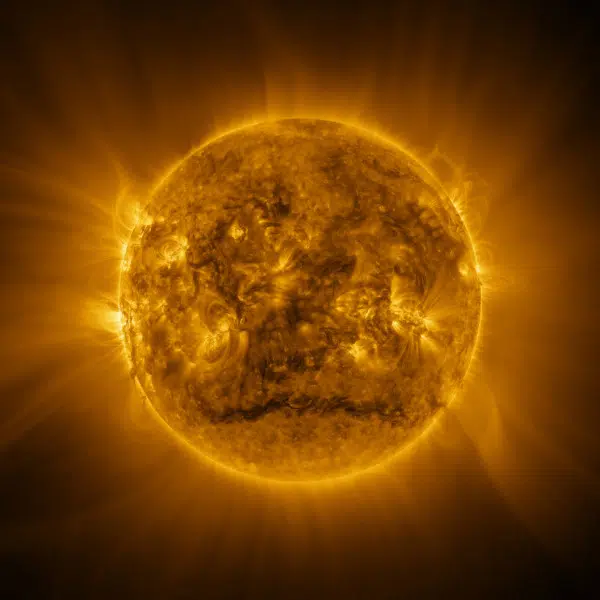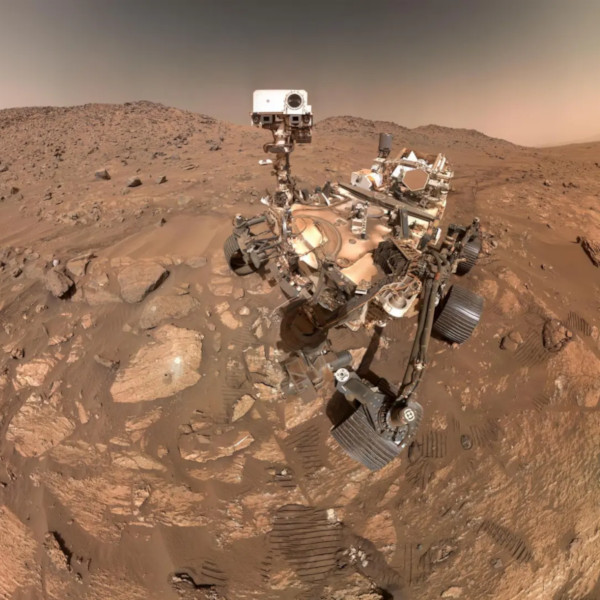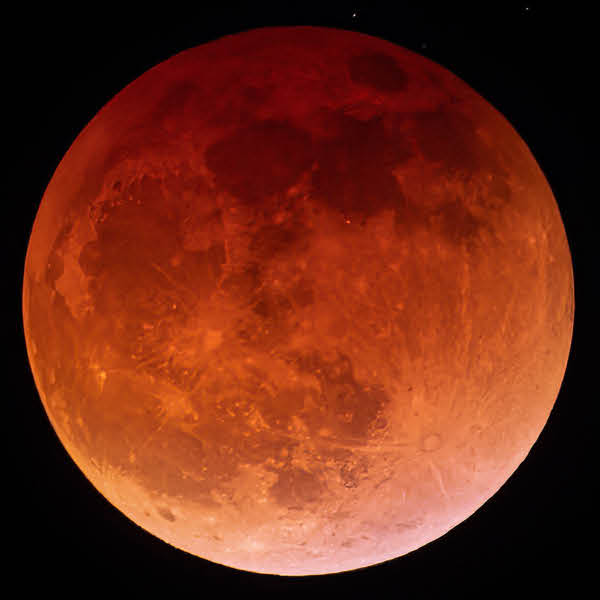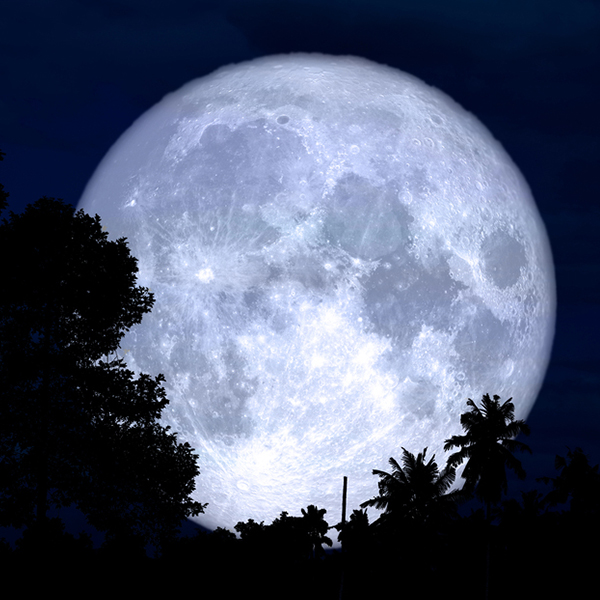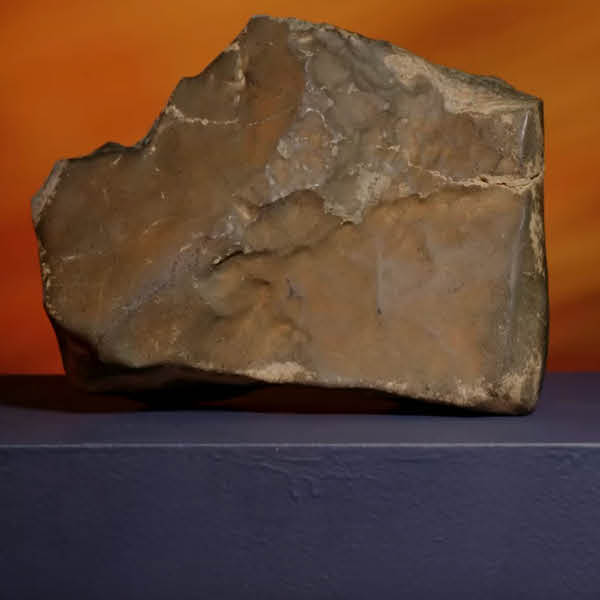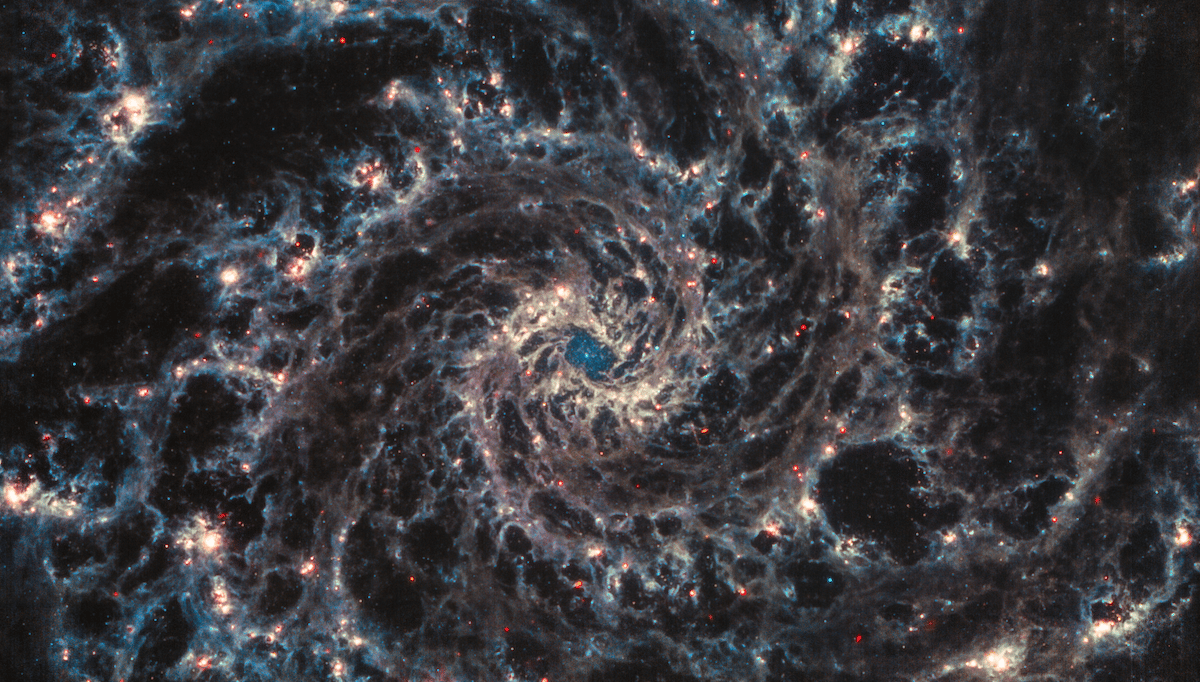
Glowing dust in the center of NGC628 spiral galaxy (Photo: NASA / ESA / CSA / Judy Schmidt, CC BY 2.0)
The team from the James Webb Space Telescope (JWST) has only released a handful of official photos, but that hasn't stopped people from processing the raw data published by NASA. Judy Schmidt has been working diligently to bring us some more jaw-dropping images by JWST. Schmidt has been processing raw space data for years, and her skills are evident in these gorgeous photos of spiral galaxies.
Thanks to her handiwork, we can appreciate JWST's views of three spiral galaxies—NGC628, IC5332, and NGC7496. The images of NGC628 and IC5332 were created by processing data captured by the telescope's Mid-Infrared Instrument (MIRI). NGC7496, instead, shows a combination of MIRI and Near Infrared Camera (NIRCam) data.
The spectacular results show the wisps of gas and dust in the galaxies in a manner that wasn't previously possible. In fact, the impressive nature of JWST's abilities is really brought into focus when matched up against images taken by the Hubble Space Telescope. When compared, it's easy to see just how much more we can see when viewing infrared images.
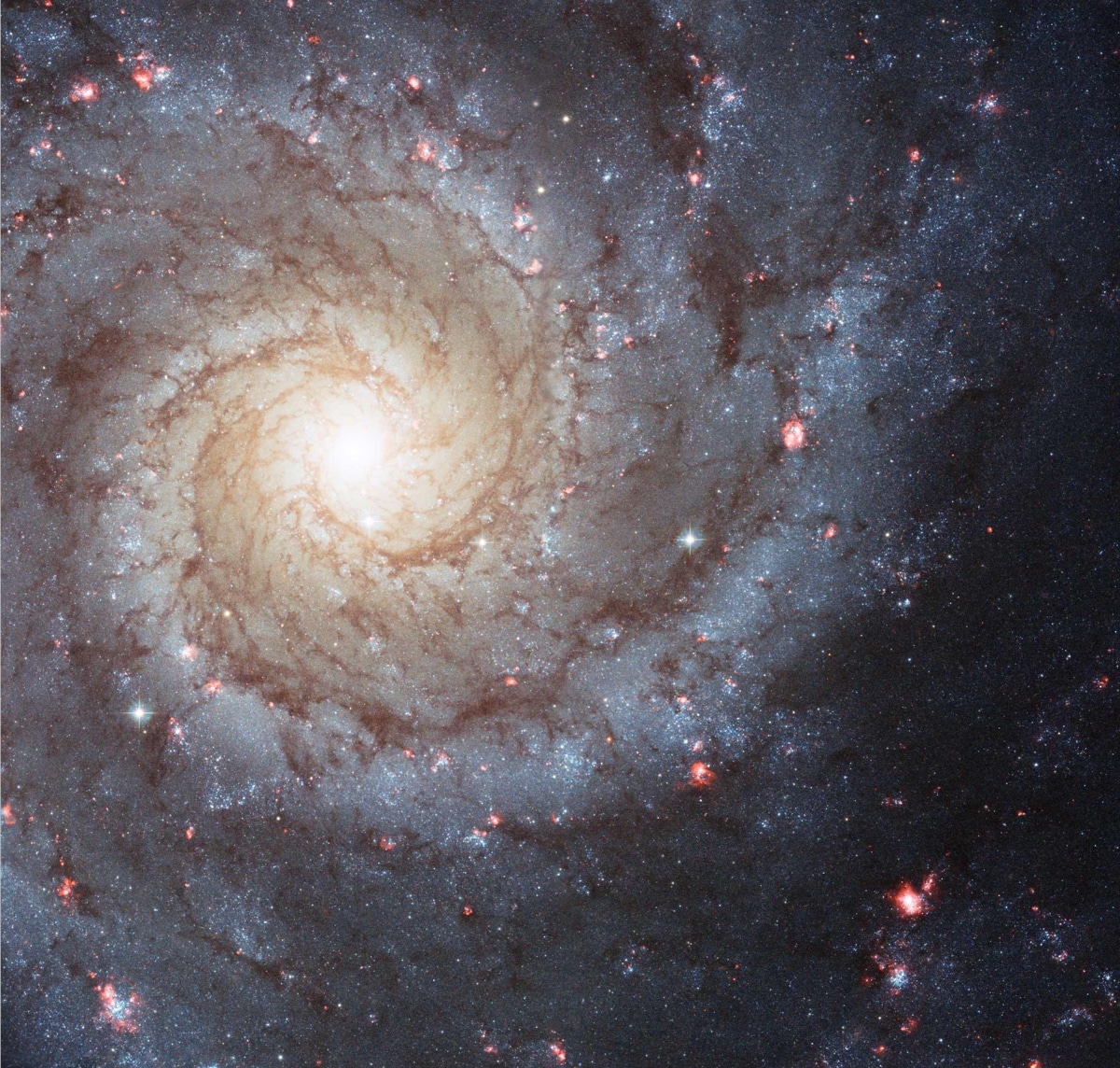
Hubble image of NGC628 (Photo: NASA/ESA/Hubble Heritage (STScI/AURA)-ESA/Hubble Collaboration)
Schmidt also takes things a step further by compositing a photo of the NGC7496 galaxy, also called the Barred Galaxy, using data from JWST and Hubble. The results are an interesting mix of visible and infrared light, with new details appearing thanks to JWST. The power of JWST is also apparent when looking at NGC628, which is also known as the Phantom Galaxy. When looking at Schmidt's processed image of the Phantom Galaxy, it's impossible not to be hypnotized by the vortex of dust at the center. Hubble, which photographed the galaxy in 2007, also has a beautiful photo, but in the image, the spidery wisps of dust are obscured.
All of the galaxies are relatively close to the Milky Way and are readily observable. These galaxies are also part of the Physics at High Angular resolution in Nearby GalaxieS (PHANGS) program. This survey is charting the connections between young stars and cold molecular gas by imaging 38 galaxies.
Schmidt's work is a wonderful look at JWST's abilities and is just a taste of what's certain to be more incredible images as the telescope ramps up its work. The images are also a confirmation that NASA's decision to make raw datasets public is a wise way to engage the public and allow talented people like Schmidt to use their creativity to bring us new views of the universe.
If you want to see high-resolution versions of these images, check Schmidt's Flickr.
The James Webb Space Telescope has been imaging several spiral galaxies.
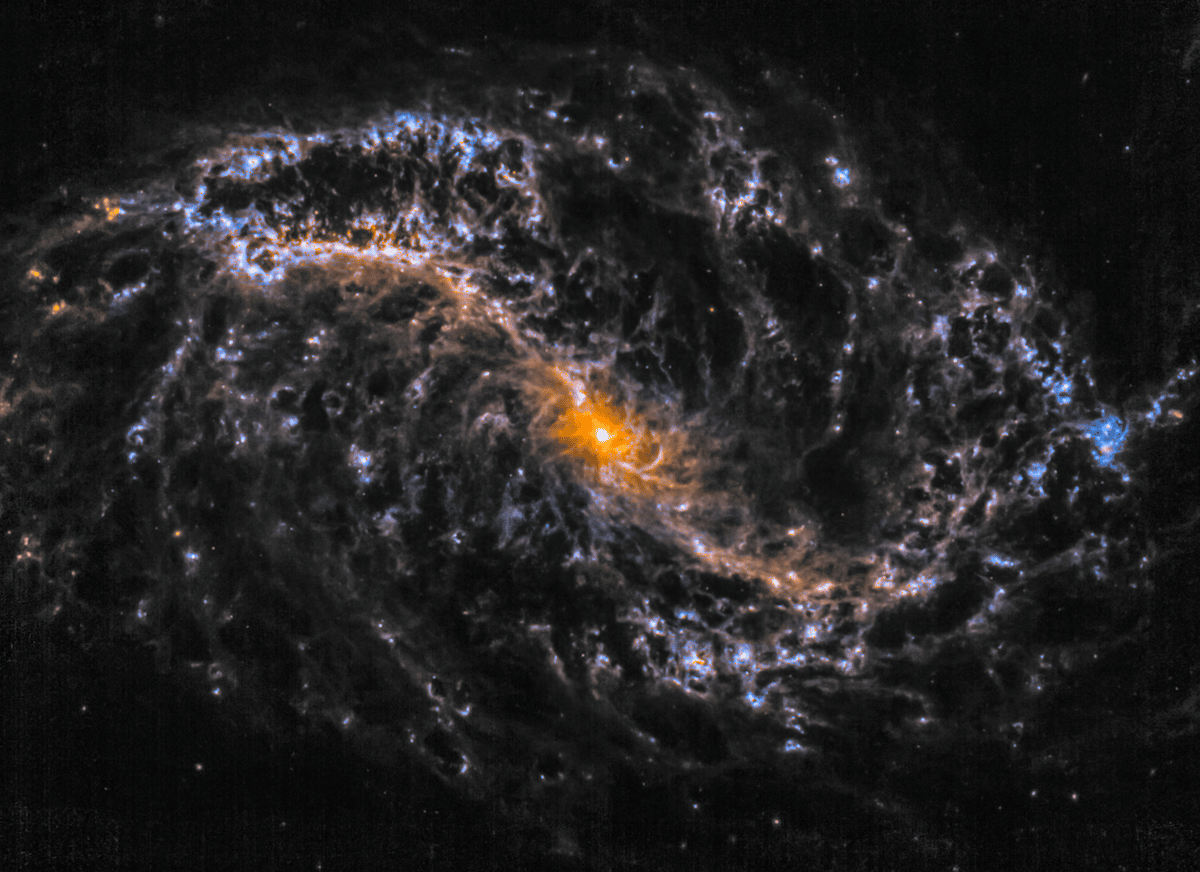
NGC7496 spiral galaxy (Photo: NASA / ESA / CSA / Judy Schmidt, CC BY 2.0)
The images are incredible when compared to images from the Hubble Space Telescope.
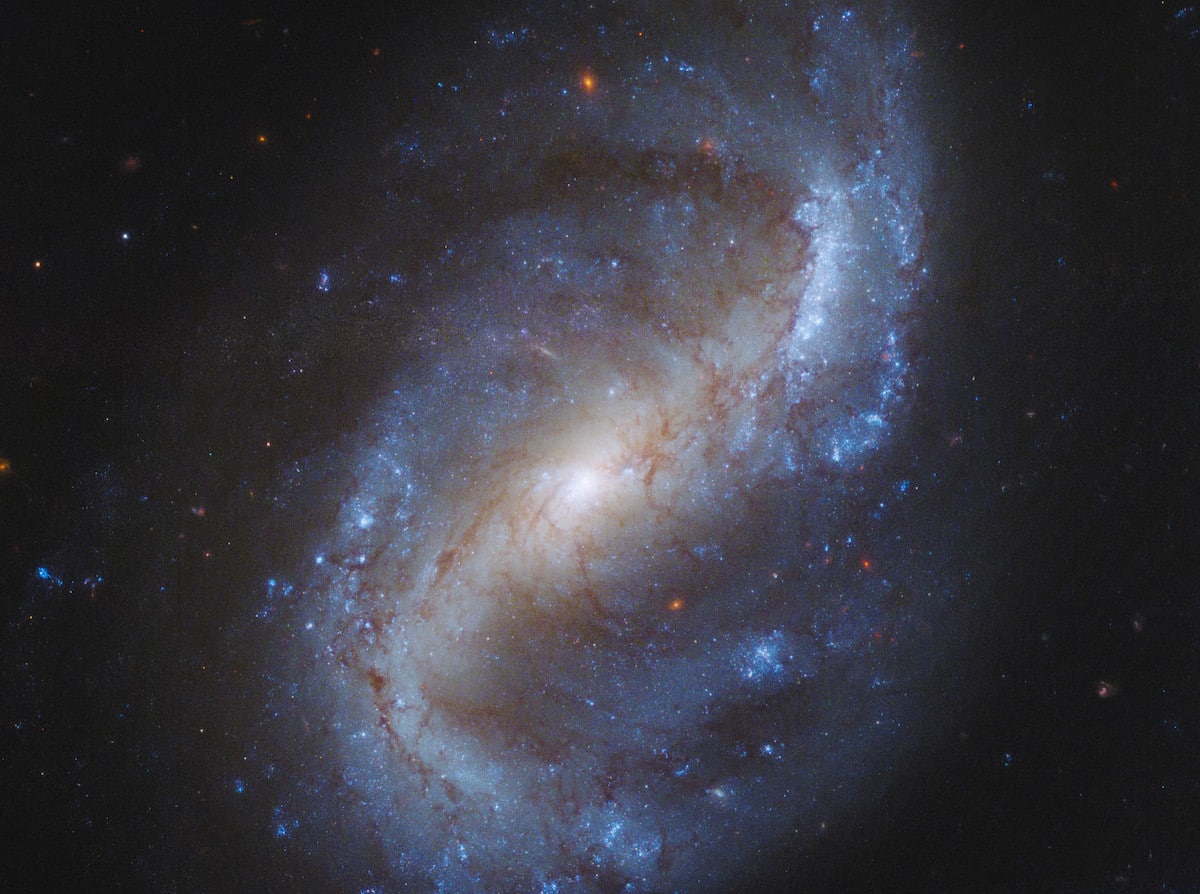
Hubble image of NGC 7496 spiral galaxy (Photo: PHANGS-HST / Judy Schmidt, CC BY 2.0)
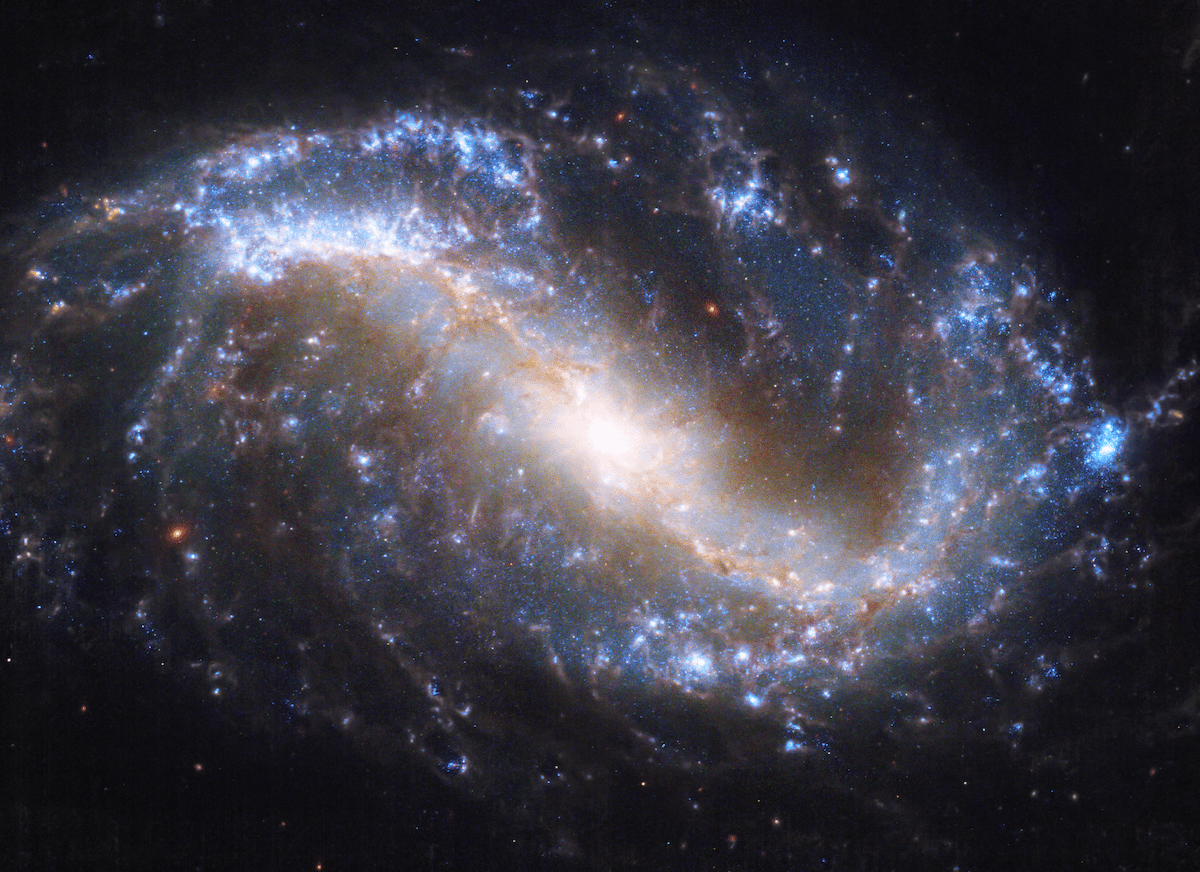
James Webb Space Telescope and Hubble Space Telescope composite image of NGC7496 spiral galaxy (Photo: NASA / ESA / CSA / Judy Schmidt, CC BY 2.0)
Thanks to Judy Schmidt, who processed the raw data from JWST, we're able to have some new views of the universe.
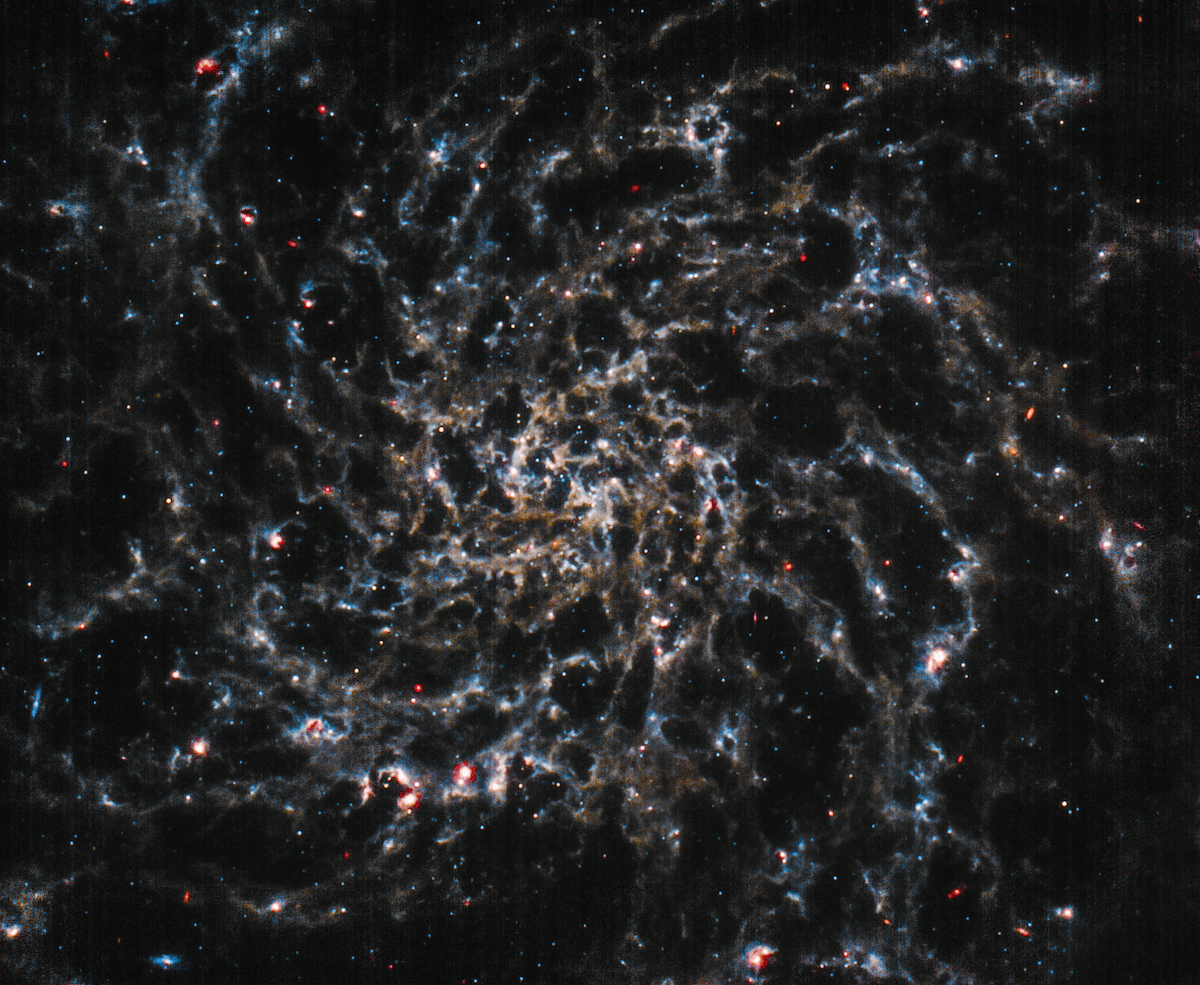
Dust lanes of IC5332 spiral galaxy (Photo: NASA / ESA / CSA / Judy Schmidt, CC BY 2.0)
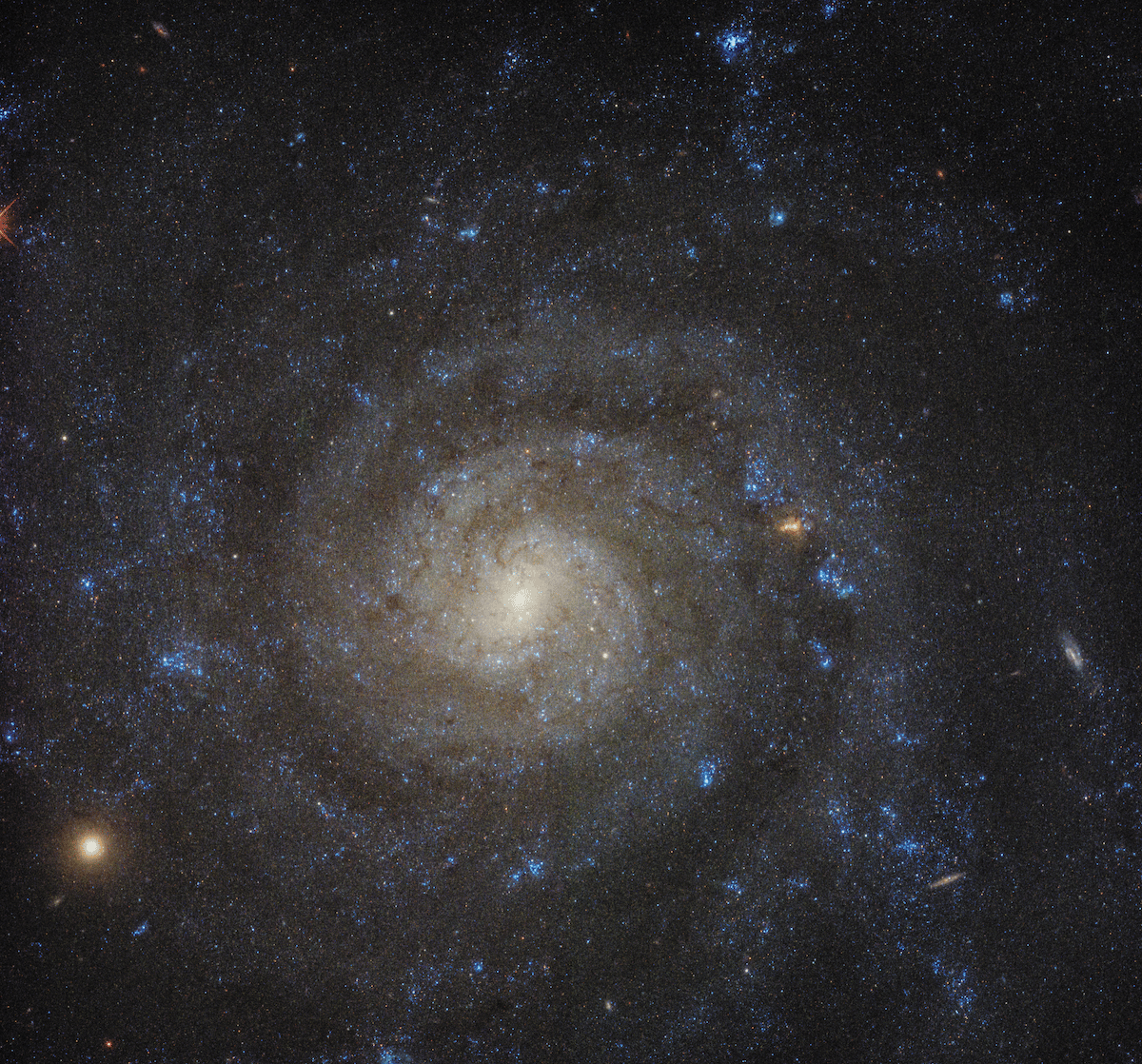
Hubble image of IC5332 spiral galaxy (Photo: PHANGS-HST / Judy Schmidt, CC BY 2.0)











































































